IndSamachar bureau: Aadhaar is good but an excess of it can be injurious to your health. That, in a nutshell, is the core of the apex court order in what has come to be known as the Aadhaar case. Four of the five judges of the Aadhaar bench held the unique identification card valid, the fifth judge dissented, holding the entire project unconstitutional. The four: one outcome will please neither the challengers nor the government. However, the saving grace for the government is that in key areas of welfare schemes and in the filing of income tax returns the sanctity of the 12-digit personal identification number has been duly upheld.
That would come as no small relief for a governmental system riddled with gaping holes in the implementation of varous welfare disbursals and in enforcing a measure of honesty in tax compliance. Justice A K Sikri, who wrote the judgment on behalf of Chief Justice Dipak Misra, Justice A M Khanwilkar, held that ‘unique identification proof empowers and gives identity to marginalised sections of society’, a point stressed by the government, taking into account the dignity of people not only from personal but from the point of view of the community as well. “Lots of people who will benefit due to inclusion cannot be denied due to exclusion of a few, cannot throw the baby out with the bathwater,” he argued. Aadhaar did not violate privacy, especially if certain safeguards and protections were put in place. On questions of human dignity, he said it is based on socio-economic rights which are further enlarged by the court verdict. The 1400-page order while upholding Aadhaar in the provision of welfare, has, nonetheless, voided its compulsory use for a host of services.
Civil rights activists and others who had challenged Aadhaar on grounds of privacy and a few other grounds can draw satisfaction that the court has ruled out its use in a number of ways the government had sought to make it mandatory. Aadhaar will no longer be compulsory in educational platforms such as CBSE, NEET, UGC. Also, it will not be mandatory for school admissions. Nor can telecom service providers insist on Aadhaar linkage with your number. Nor will it be required for opening bank accounts. Further, the court has limited the use of Aadhaar in the private sector, ruling out its use by employers for giving employment. The possession of Aadhaar card is no longer necessary for personal authentication, the majority order said. Citizens can make a case before UIDAI against the latter giving their data to another authority without insisting on his furnishing the Aadhaar card. Likewise, the court read down several other provisions in the Aadhaar Act, virtually emasculating it to the barest minimum. The court also prescribed several curbs on the collection and preserving of data by UIDAI in the interest of citizens’ right to privacy. Given the prescribed changes and precautions, the original legislation stands vastly mutilated, necessitating a leaner and less imposing Aadhaar law.
Meanwhile, the majority verdict validated the Aadhaar Act’s passage as a money bill. But Justice D Y Chandrachud resorting to rather harsh language, unusual for a Supreme Court judge, called the use of Money Bill as a subterfuge, nay, a fraud on the Constitution. The dissenting judge will endear himself to the civil rights activists with his wholesale rejection of the Aadhaar project. His concern was the misuse of data collected by the Aadhaar authority and, hence, the attack on citizens’ right to privacy. He was concerned that data misuse by third-parties could lead to citizen profiling, particularly of their political views. Indeed, denying welfare reliefs to citizens even without their possessing Aadhaar cards was tantamount to the breach of their fundamental rights. Judge Chandrachud probably was unmindful of the fact that Aadhaar was an answer to the gross misuse and leakages of the same welfare schemes by unscrupulous elements. Hungry stomachs will rather have welfare grains proving their identity with Aadhaar cards than go without them due to the theft of their Aadhaar-less identity by thuggish people in the system. Highfalutin ideas of privacy and citizens’ rights in a country desperately trying to lift itself out of endemic poverty seem out of place until we cross a critical stage in socio-economic development. Aadhaar sans misuse needs to be defended, not run down as an intrusive and alien instrument violative of the covenant of citizenship. Its use in several ways will enrich citizenship.

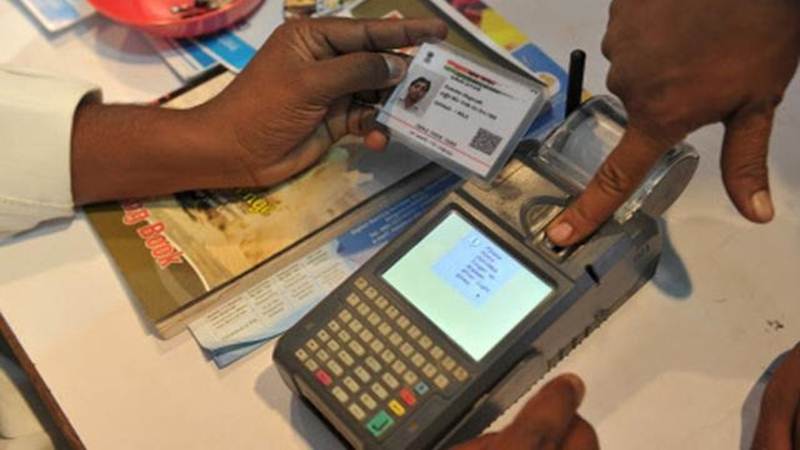
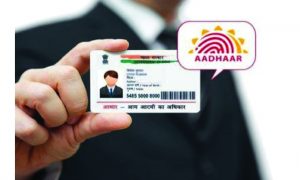

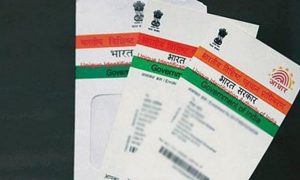





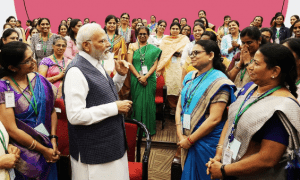



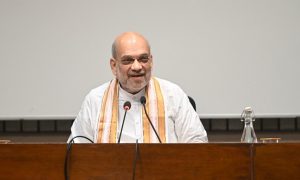

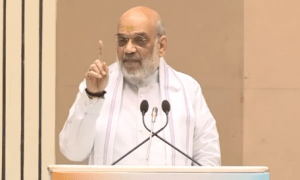





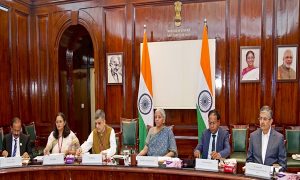



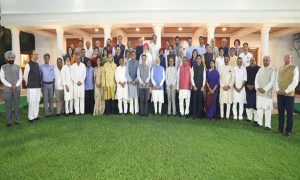

 WhatsApp us
WhatsApp us